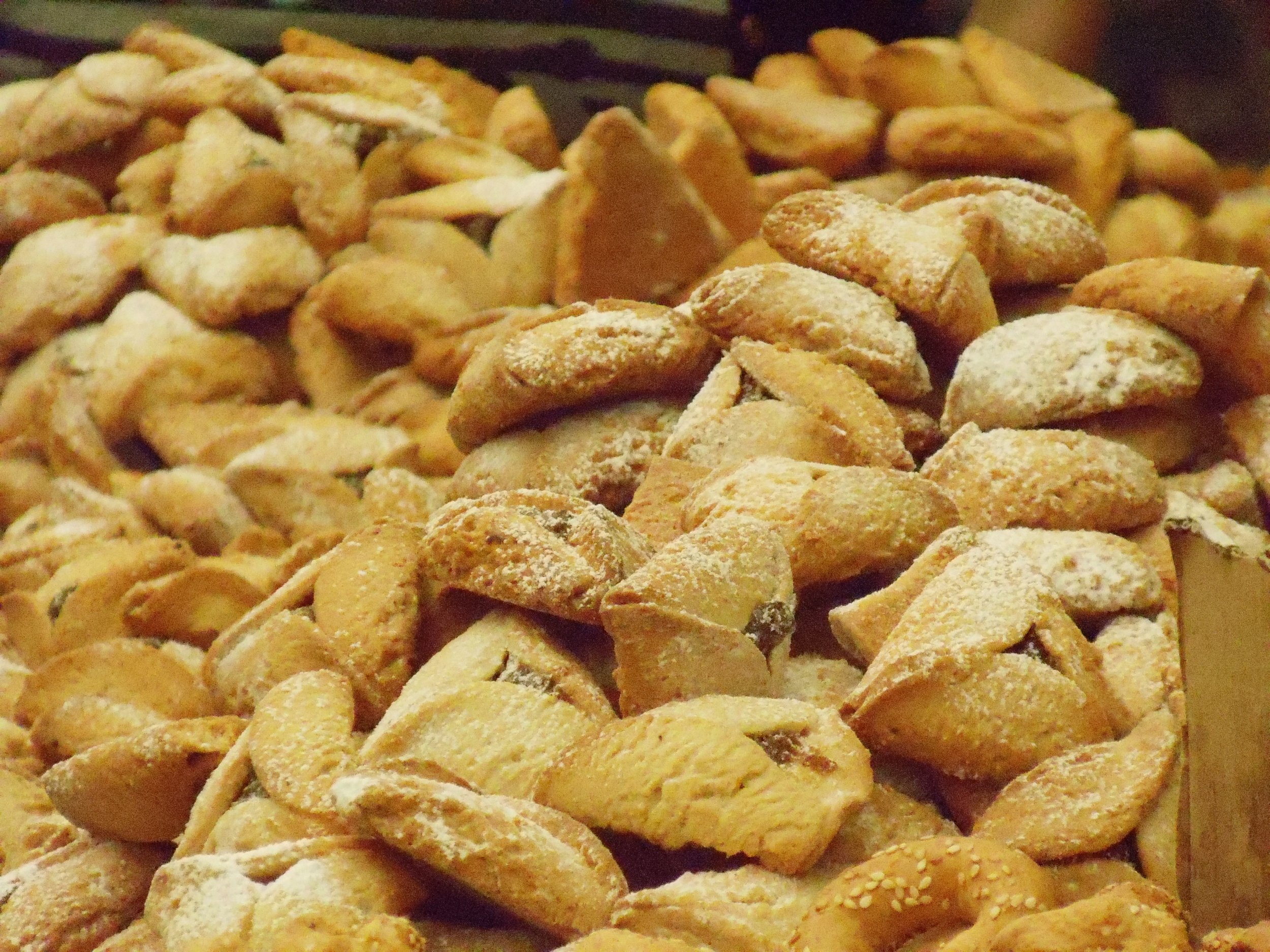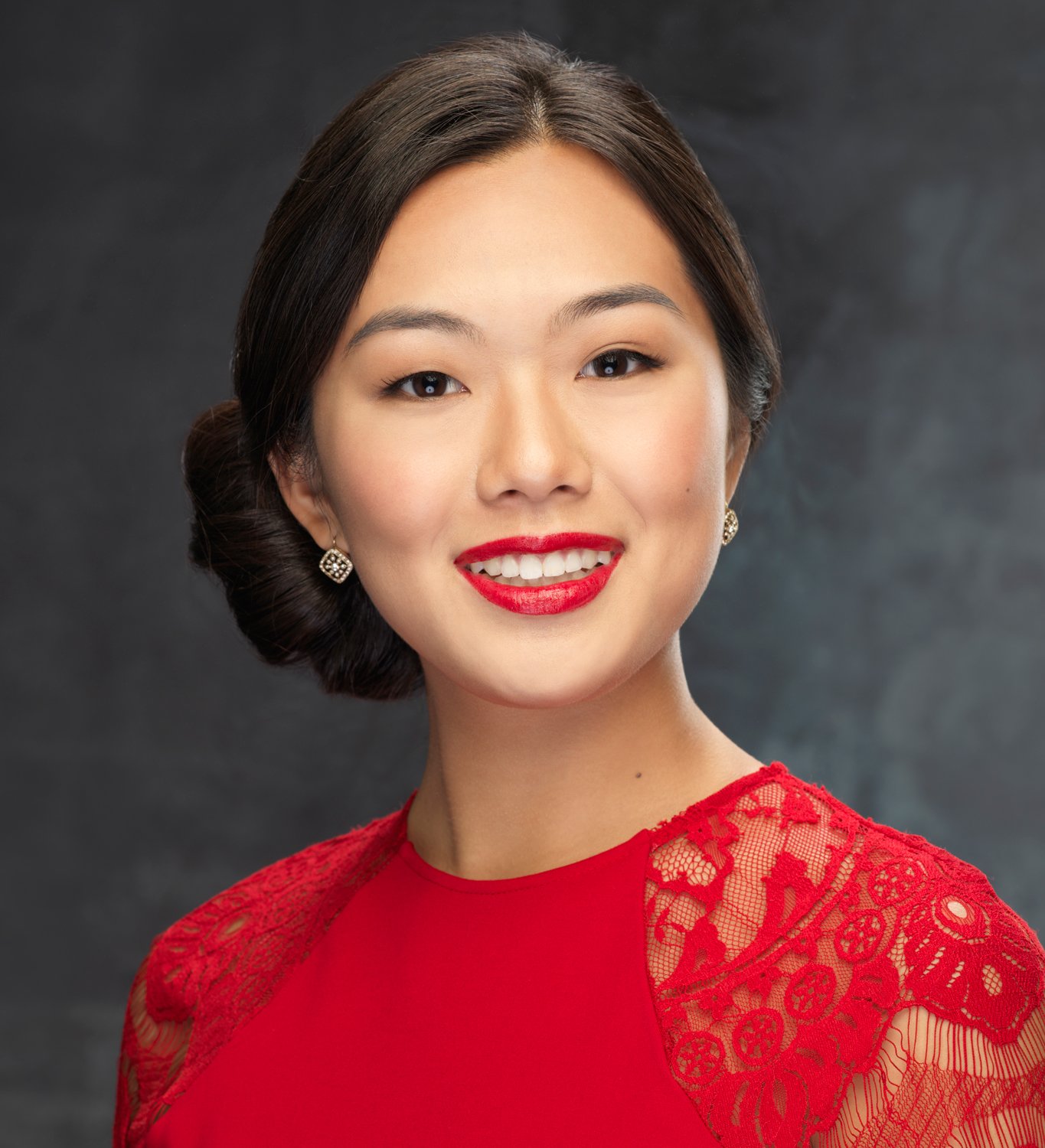Performing Koreanness
eating my feelings between Allston and Brookline
Source: Markus Winkler (Unsplash)
“You’ve got to be kidding me.”
The line outside Seoul Soulongtang stretched well past the battered awnings adorning its Allston storefront. Groups of young Asian-Americans dressed in hip, all black clothing glanced curiously in my direction as I audibly cursed myself for not showing up before 8 PM. It was a Saturday night. Of course everyone of the diaspora and their mother was trying to eat out on Harvard Ave, and I, a Korean-American Boston University student, should have known better. Thoroughly in denial, I cut past the crowd and pushed open the doors, feeling my ever-patient partner following closely behind me.
As soon as I set foot in the restaurant, a masked waitress appeared almost immediately, curtly informing me that the kitchen was closing in half an hour and the wait times for a table were well over an hour. As she practically shoved my partner and me out the door, I could feel myself begin to spiral irrationally. It was the same story of my childhood happening all over again; those same irritated looks: You’re not Korean enough to exist in here with us.
Of course, conveying this judgment was absolutely not the intention of that clearly overworked waitress as she pushed us out of the restaurant, but after four Korean Student Association-free years of college and a lifetime of race-based prejudice, I couldn’t help but jump to the most wounded parts of my psyche.
Source: Blake Wheeler (Unsplash)
In many ways, I’m still that ill-fitting second-gen girl from Virginia; the one who can’t speak Korean and criticizes her immigrant parents for their traditional, patriarchal views. Growing up in a predominantly white, privileged, and Christian suburb, it was a matter of social survival that Asian kids conform to the stereotypes placed on us by our white surroundings. We were supposed to be smart, trendy, STEM-savvy, and insular. My eventual refusal to conform to those expectations would confuse white kids and Asian kids alike.
What strikes me as odd though, looking back, is the many ways in which my Asian peers enforced this way of being far more so than my white peers. As early on as the third grade, I remember being told by another Korean kid that we had to be friends based on our shared heritage alone - only to be ignored by him when I tried to hang out with him later. When I got to middle school, I ate lunch every day with a group of Asian girls who taunted me for not knowing how to speak Korean and participating in drama club instead of orchestra. In high school, I went to classes with kids whose parents knew my parents from Korean churches and their own Koreans-only college friend groups – kids who frequently made plans to hang out after school in front of me without inviting me. It was soul-crushing and confusing. If these kids were choosing to befriend each other based on race alone, then why wasn’t I being included? Was my “Koreanness” dependent on not just my parents’ ethnicity, but also on my behavior? And if so, then was I somehow failing at being Asian?
The idea that my failure to be included was because of my actions had an easy solution – do more “Asian” things. I kept seeking out Asian friend groups, despite their disinterest in friendship with me. I wore hanbok on lunar new year. I swallowed every bite of Korean food that was placed before me – even from the dishes I hated. Sometimes, it felt more like a performance than the plays I was acting in.
Even now as I have distanced myself from performing “Koreanness,” I catch myself dressing myself up in stereotypes in the predominantly white spaces I exist in now, throwing Korean words into my sentences in case someone might approach me and verbally strip me of my heritage.
Source: Laura Rivera (Unsplash)
One of the many ways this defense mechanism manifests is in sharing food with those outside my culture. My current partner is a half-Scottish, half-Jewish, all-American man from small-town Maine. It has become a weekend activity of ours to trade cultural memories. There weren’t many Jews in the Evangelical South where I grew up, and there were no Koreans in his community. We swap hamentashen for tteokbokki on Sundays at places like Seoul Soulongtang and Kupel’s and I can feel the pressure relaxing. I guess there is something painful at the heart of the fact that my Koreanness — questioned and criticized by other Koreans and East Asians — is undeniable to my partner. Everything I am is already the most “Korean” he has ever seen, and everything he is is the most “Jewish” I’ve ever seen. It’s a bittersweet relief to not need to prove who I am.
Source: Brian Nelson (Unsplash)
Outside Seoul Soulongtang again, I bitch about the weekend crowds in Allston until my partner gently takes my hand. There are too many people trying to get into too few restaurants on Harvard Ave tonight. We will not find nourishment here. “Let’s try Zaftig’s,” suggests my partner and sure enough, they have empty tables and an open kitchen waiting for us. Dinner comes quickly, and it is easy, pleasant. Still, as I bite into my steaming latke, I feel twinges of regret for failing to publicly enjoy the food of my culture until my partner pats my hand and says “we’ll try again some other time.” And he’s right. There is plenty of time to experience “Koreanness” - my Koreanness. We’ll do it together, at our own pace.
Caroline Chung (she/her) is a staff writer for juxtapose magazine.
Caroline is a lifetime lover of literature, learning, and overall nerdiness who is excited to write about the things she cares about. You can generally find her at home bouncing rapidly between several hobbies and planning her next meal.
Connect with her on Instagram @justcaroleen





